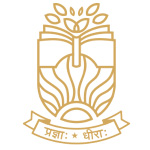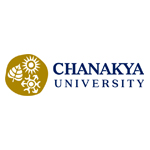Panel to study feasibility of IIT autonomy
Eight months after the Indian Institutes of Management (IIMs) were granted unprecedented autonomy, the Union government has turned its attention to the Indian Institutes of Technology (IITs). The HRD Ministry has set up a seven-member committee, under former IIT-Kanpur chairman M Anandkrishnan, to explore the feasibility of diluting government control over the 23 IITs.
Directors of IITs in Kharagpur, Madras, Bombay, Delhi and Kanpur are also part of the panel, which is expected to submit its report in two months.
The committee, sources said, has been specifically asked to suggest changes in the composition of the Board of Governors (BoG) of IITs. As per Section 11 of the IIT Act, the BoG has nine members, all of whom are either directly or indirectly nominated by the government. In contrast, each IIM, under the new IIM Act, has 15 members of which five represent the institute’s alumni.
“Some of the best engineering schools abroad have bigger boards representing diverse voices and experience. They also have a strong alumni presence. The IIT boards are small and their composition is controlled by the government. There no room or provision for alumni either,” said a committee member.
The panel will also examine whether the BoG should be empowered to amend the institute’s statutes that govern day-to-day functioning. Currently, no amendment, repeal or addition to the statutes is possible without the approval of the President, who is the Visitor of all IITs.
The move to examine autonomy for the IITs stems from a presentation made by a team from McKinsey and Company to HRD Minister Prakash Javadekar in August. The meeting was arranged at the behest of one of Javadekar’s colleagues in the Council of Ministers, who is an IIT alumnus. The McKinsey presentation pitched for more autonomy for the IITs, especially a change in the composition of the BoG.
According to sources, the committee will seek feedback from the IIMs on their experience under the new IIM Act before finalising its report. “We need to know if there are any lessons in there for us,” the above member added.
Apart from empowering the 20 business schools to award degrees to students instead of postgraduate diplomas, the IIM Act, which came into effect on January 31, gives the institutes unprecedented levels of autonomy. For instance, the IIMs are now free to appoint their own chairmen and directors. Also, the government representation on the board of each IIM has gone down significantly.
Want help with admissions?
Leave us your details and we will contact youApplications for Admissions are open































